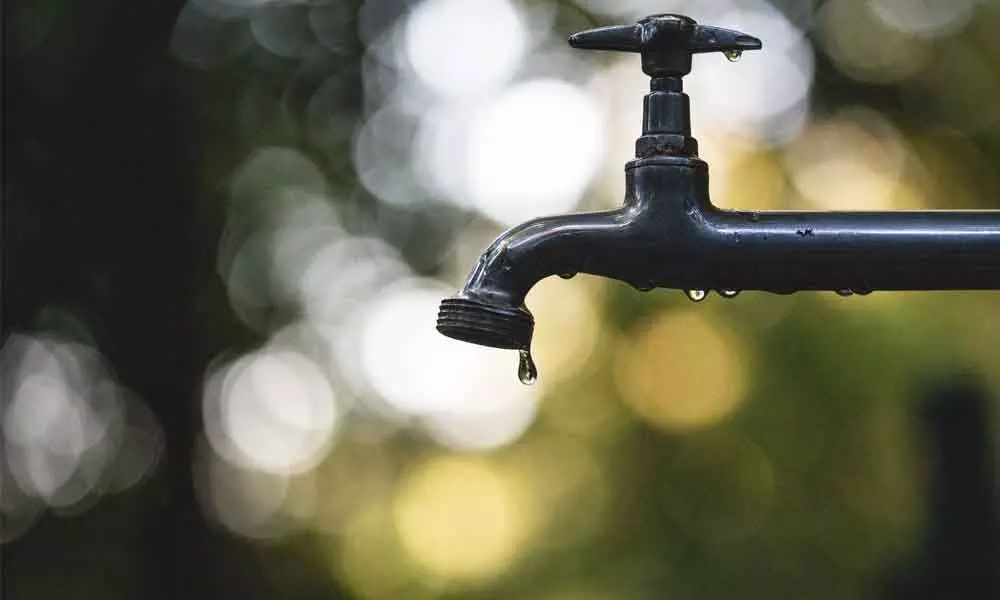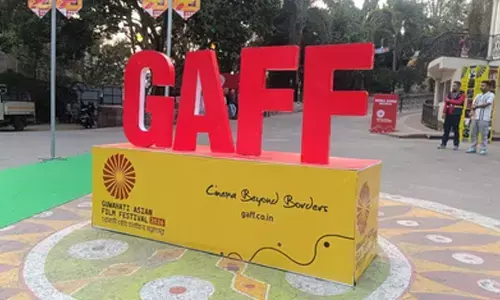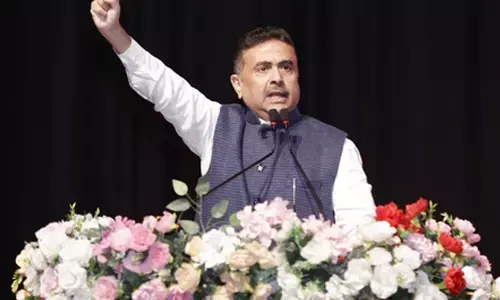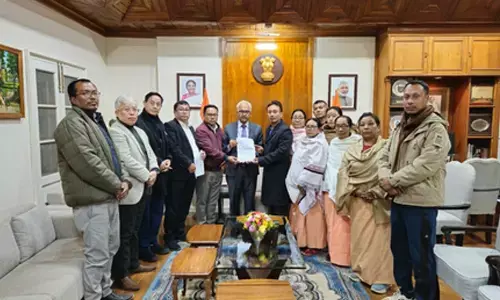City of many distinctions falls short on drinking water

Representational Image
Bengaluru was once called a city of thousand lakes, but today there are 168 lakes left due to rapid urbanisation.
Bengaluru: Bengaluru was once called a city of thousand lakes, but today there are 168 lakes left due to rapid urbanisation. Today Bengaluru is called the IT Hub, Start-up capital and the Silicon Valley, all this at what cost?
Job opportunities have been rising rapidly, and so is the population in the city. Due to this and the poor water management system, the city has been witnessing a plunge in groundwater levels, dried up taps and lakes.
Some residents wait patiently for the promise to be fulfilled hoping for piped water to reach their homes while the others get access to unauthorised wells to fulfil their daily needs. "It has been three-four years since the pipelines have been laid, but there has been no sign of water. Although Hanumagiri is situated in the Bengaluru Urban district, there is no availability of Cauvery water," says a resident of an independent house.
"There is no availability of piped water in places situated at the outer parts of Bengaluru as well. Groundwater levels have plunged as there has been a rampant digging of wells," rues another resident.
"70% of the apartments in Bengaluru do not have access to Cauvery water. Residents of these apartments depend on private tankers and bore wells to meet their water needs, placing a major stress on groundwater," Vijender Reddy Muthyala, Co-founder and CEO of DrinkPrime tells The Hans India.
"India's groundwater extraction rate is the highest in the world. At least 40% of the 700 districts of India have reported 'overexploited' groundwater levels at some point. Lack of groundwater in turn can lead to a problem like scarcity of drinking water. Even during the rainy seasons, the most effective mode of storing rainwater are ponds and lakes that act as reservoirs. However, lakes are deteriorating due to the ever growing population and the town planning," he adds.
According to the data provided by the BWSSB (Bangalore Water Supply and Sewerage Board), "The present supply from Cauvery water source is 1450 MLD (million litres a day), and still requires about 750 MLD."
One of the major problems in Bengaluru is its lack of water storing facilities. "Lakes and drains are being encroached upon day-in and day-out. Since there are other sources of water (imported), most of the people do not respect lakes. Hence, these lakes are being abused and misused, due to which the degradation of lakes has begun," says Ramprasad, Co-founder of the Friends of Lakes, a citizens' voluntary group.
"More than 50% of Bengaluru uses groundwater and for this to be sustainable, rainwater needs to be pushed into the ground. Everyone in the city must understand that no rainwater should be wasted. The tradition of open wells and recharge wells must reappear to use the shallow unconfined aquifer's water from these open wells. It is important to reimagine and rejuvenate Bengaluru lakes as huge structures of rainwater harvesting so that water can be stored and percolated into the ground," he adds.
"It is also vital to include environmentalists and ecologists in urban planning for holistic sustainable development of the city and its water future. Along with this, doing our bit to the society and respecting the local water culture such as the Bengaluru Karaga Festival becomes extremely important," he concludes.














